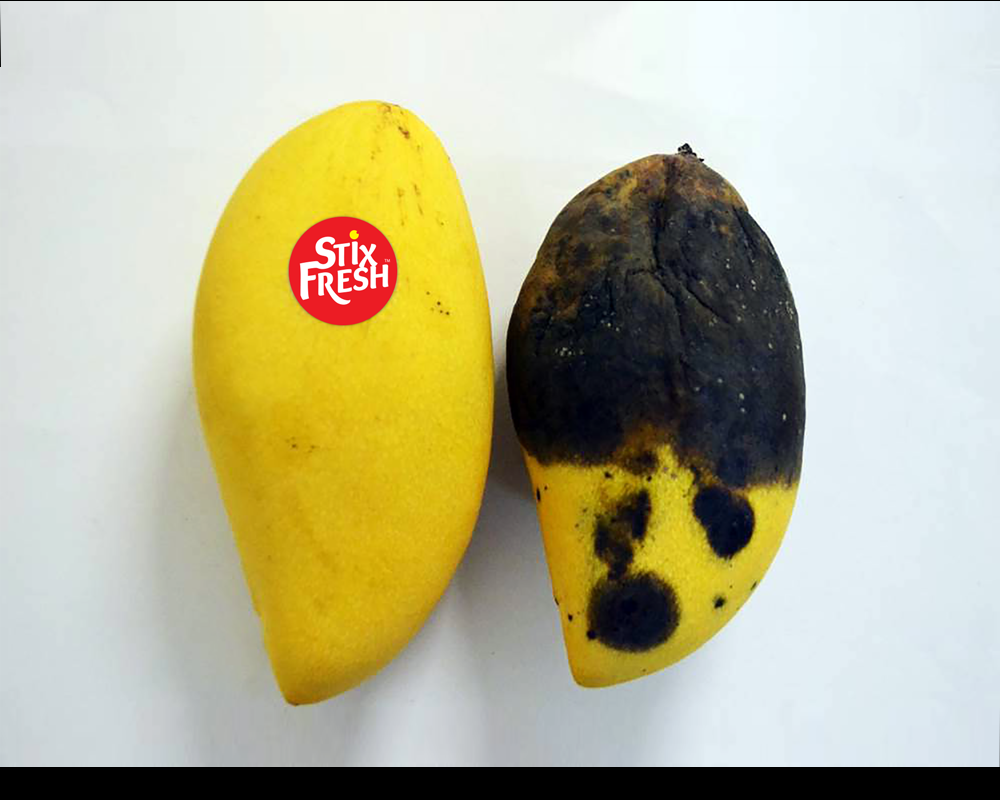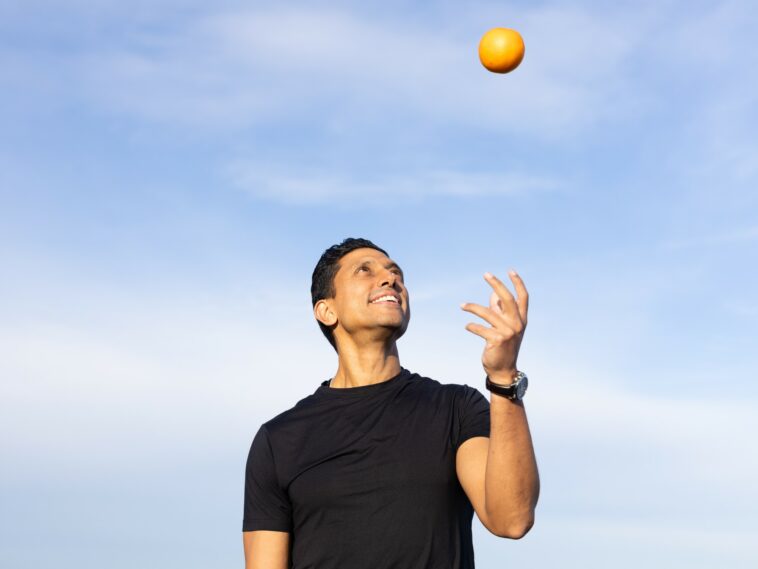This interview is brought to you by Startup Booster. Market your company with rapid, effective promotion across startup and business blogs.
Name: Moody Soliman
Company: Ryp Labs, Inc.

What are you building, and who benefits most from it?
Problem: Frequently overlooked in the debate about the climate crisis is the sobering fact that food waste is one of the largest contributors to climate change. If food waste were a country, it would have the third-largest carbon footprint behind China and the U.S.
This is because we have an abhorrently inefficient food supply chain. Every year, on average, up to 50% of the food we produce goes to waste, amounting to over $2.6 trillion in losses, including $700 billion and $900 billion in environmental and social costs, respectively. The impact of food loss is even more severe in developing countries, where post-harvest losses are as high as 60% for fruits and vegetables, alone amounting to roughly $310 billion per year.
Losses are experienced at every stage, from the farm, post-harvest handling, storage, and packaging to distribution, retail, and the end-consumer stage. As a result, there is a dire need to develop solutions that will not only safely and sustainably extend the shelf life of food but are also scalable and easy to adopt, whether it is a global packing house that processes and ships 20 million pieces of fruit per day or a smallholder farmer who sells fruit at their local market.
182 founders interviewed so far. Get interviewed in 10 minutes, via a simple form, for free.
Solution: That is exactly what we did at Ryp Labs. To tackle this problem head-on, we developed a natural and safe formulation that can be applied to a variety of surfaces, including stickers and packaging materials, to increase the shelf life of fresh produce. Our food-safe, award-winning labels, for example, have been shown to double the shelf life of fresh produce—you simply peel and apply them to loose produce (such as pears and tomatoes) or directly to clamshells and other containers to protect smaller fruits (such as berries and grapes) from premature rotting.
What is one of your startup’s most impressive accomplishments?
Through third-party trials and uses, some of our technology highlights include successfully extending the shelf life of strawberries by 2 days (66% shelf-life extension), the shelf life of grapes by 8 days (100% shelf-life extension), and the shelf life oranges by 15 days (50% shelf-life extension).
What has been the biggest challenge so far, and how did you overcome it?
For our technology, most of the complexity lies in the R&D of our volatile compounds and biological formulations, as well as the product development and design phase of our controlled release delivery systems, which encapsulate the volatile compounds to control their release rate. Furthermore, we’re working with live fruit that has an immune system, breathing in oxygen and releasing carbon dioxide. Needless to say, developing a safe, effective, and scalable solution on the surface area of the sticker was not easy.
To overcome this challenge, we assembled a highly talented multidisciplinary team of entrepreneurs, microbiologists, plant physiologists, material scientists, and chemical engineers from the agtech, medical devices, and biotech industries. The deep expertise of our engineers and scientists in microbiology and chemical and materials engineering allowed us to tackle this challenge from multiple angles to successfully overcome it and develop a viable solution the industry can adopt.

What marketing strategies have worked for you?
Attending and participating in agtech and climate tech-focused trade shows and conferences.
Can you share any financial data about your startup?
We officially received and shipped our first purchase order earlier this month to one of the largest global retailers for the application of our technology on its strawberries. Today, we have over 180 customers in our pipeline, including some of the largest household names in the industry, which have expressed interest in using our technology to reduce their perishable waste. (Reported on May 31, 2023.)
What has been your biggest business failure to date? What did you learn from it?
Our biggest lesson, especially as a startup, is that if you try to do everything, you will end up doing nothing. Focusing on the successful execution of one product today versus 10 products tomorrow is crucial for long-term success.
What’s the best specific piece of advice you have for other entrepreneurs?
When founding a startup:
- Find a real problem that is in dire need of a solution, that is, find something people really, really want. In other words, don’t come up with a solution and then try to find a problem it may solve.
- Come up with a solution that is protectable and protect it.
- Put it in the hands of a customer—test, iterate, and listen to what they’re saying, not what you want to hear.
Want to be interviewed just like this? Fill out this simple form.



